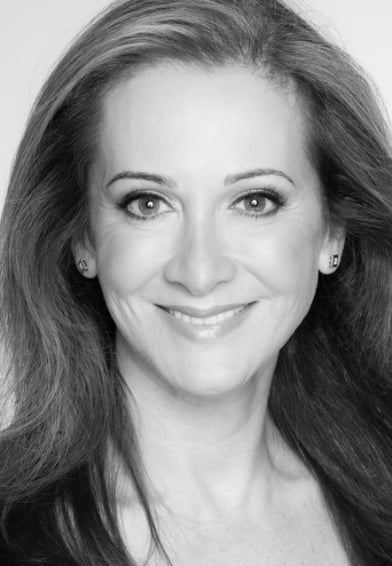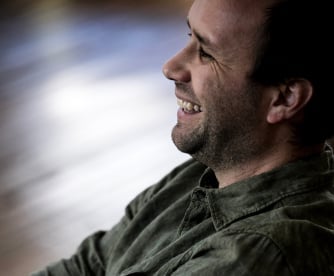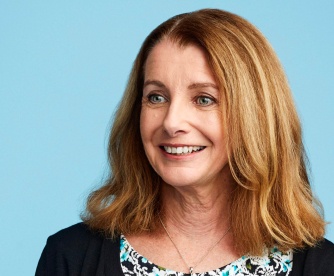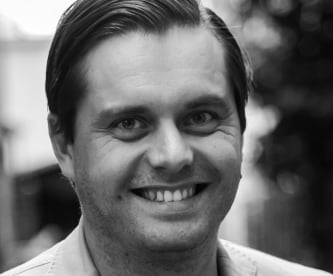How did you discover the line “we’ve boundless plains to share” in the second verse of our National Anthem? Does anyone even know the second verse?!
I can vaguely remember hearing about the second verse in high school and taking great pride in memorising it and showing off to everyone that I knew it and no one else did (I was a fun kid who was in no way insufferable). Then as I learnt more and more about the way we as a country take to foreigners (spoiler: not kindly), the irony of those two lines became bitterly apparent.
I’m certainly not the first point out this hypocrisy, but it felt like a good starting point for this show, something that could be teased out throughout the lecture. Plus it was the best title I could think of. To be fair, the only other title I came up with was Tom Ballard presents The Aussie Shitty Refugee Shouting Hour.
Were you nervous or intimidated at all to tackle a political issue in a stand-up routine? How do you walk the line between laughs and some pretty painful facts?
It was initially daunting, simply because there was just so much material, a lot of it quite technical and dense. But it was important to me that the show was able to take on the issue in all its complexities and wasn’t going to shy away from occasionally doing the job of a lecture.
The primary purpose of the show is to be funny, but obviously when you’re talking about the torturing of innocent people in Pacific gulags, things are going to get pretty sad. There are a few points in the show that aren’t interested in being amusing; hopefully all the other silliness I partake in buys me the licence to indulge in that.
Can you talk a little bit about the research that you did for this show – was there something you discovered that particularly surprised you?
I read as much as I could and talked to everyone who would kindly give me their time. The major sources were Klaus Neumann’s Across The Seas, David Marr and Marian Wilkinson’s Dark Victory, raw data from Australian Parliament House, and interviews with people seeking asylum, advocates, journalists and the likes of Robert Manne, Peter Reith, David Manne and David Marr.
I was stunned by the virulent racism and xenophobia that runs throughout our immigration history. I mean, I knew it was going to be bad, but GOSH. Hatred of the Chinese was a key motivating factor for Federation, our first Prime Minister said the doctrine of the equality of man was never meant to apply to the Chinese, we interned Germans during World War II and the majority of us weren’t too psyched about accepting Jewish refugees in the 50’s, despite knowing everything we knew about their persecution at the hands of the Nazis.
For all our talk of our love of the “fair go” and our conception of ourselves as a multicultural success story, I don’t think we appreciate just how fundamental hating people from other countries is to the Australian DNA. Acknowledging that is crucial to our understanding of our current refugee policies and our hysteria about the “boat people”.
In this routine, you’re being directed by Scott Edgar [member of the comedic band Tripod]. Can you talk about the kind of input he has had in the show and how does one “direct” a comedian in their own stand-up routine?
Scott has been invaluable in shaping the show. Clearly he’s pretty bloody good at comedy things, but he’s also got such a great sense of theatricality and momentum. I’ve worked with directors once or twice before and it’s brilliant. A stand-up’s instinct is to write and work alone because we’re so used to having absolute control over our stuff, but once you open up to critical feedback and ideas from another perspective, you instantly start coming up with more interesting work.
I imagine a large majority of people who’ve seen this show are fans of yours, but have you found many opposing views in the audience? Is this show more divisive to perform?
I’m not kidding myself here: I figure most of the people coming to see Boundless will be sympathetic to my point of view already and I’m not going to be blowing or changing too many minds on this. But I want to make people who already know this is messed up to become angrier and more active than they might already be and if there are folks out there still sitting on the fence when it comes to offshore detention and “saving lives at sea”, I want to engage them in an entertaining (but still respectful) way.
The debate around the way we treat people seeking asylum is already so divisive, I hope in some small way this show can be a bit of a circuit breaker. An acknowledgement that we as a country have been hopeless and cruel on this for so long and an affirmation that the facts, our history and our morals all compel us to do things differently.
You’re also known for stand-up that draws very directly from your personal life, but how has it been to get stuck into something a little less personal?
It’s something of a relief! I have run out of stories about my sex life and family holidays and embarrassing nonsense I got up to when I was growing up, so being able to get stuck into the huge world of material that is Australia’s treatment of refugees means that I get to talk about things that aren’t my penis.
Boundless is still deeply personal – my personal relationships with people I’ve met in detention and my coming to grips with what these policies say about my country are key themes in the show – but there’s also a broader and more explicitly political focus there.
Are you a theatre fan? If so, can you tell us the best show you’ve seen recently?
I have loved theatre my whole life, ever since I played the role of Blitzen in Warrnambool Primary Performers’ 1997 production of Rock’n’Roll Santa (yes, I’m that Tom Ballard). I see lots of highbrow smart stuff like Shakespeare and Chekhov and all that, but I have to say the best thing I’ve seen lately was Harry Potter & The Cursed Child Part 1 & 2 when I was in London in September. It was one of the most electrical theatrical experiences I’ve ever witnessed. It made me laugh and cry and wonder, it gave me chills and it reminded me how, at its best, nothing compares to real humans coming together in a room watching other real humans in a compelling live performance.






